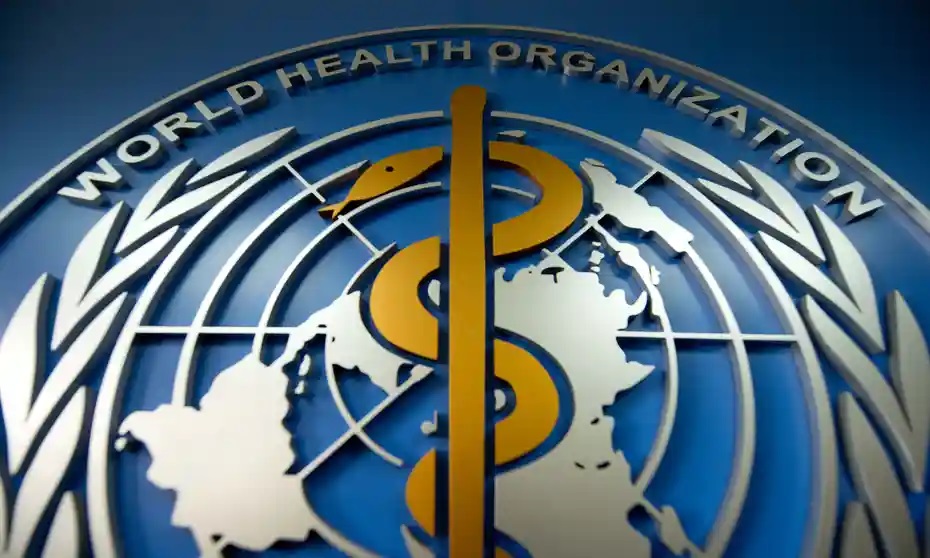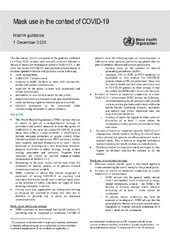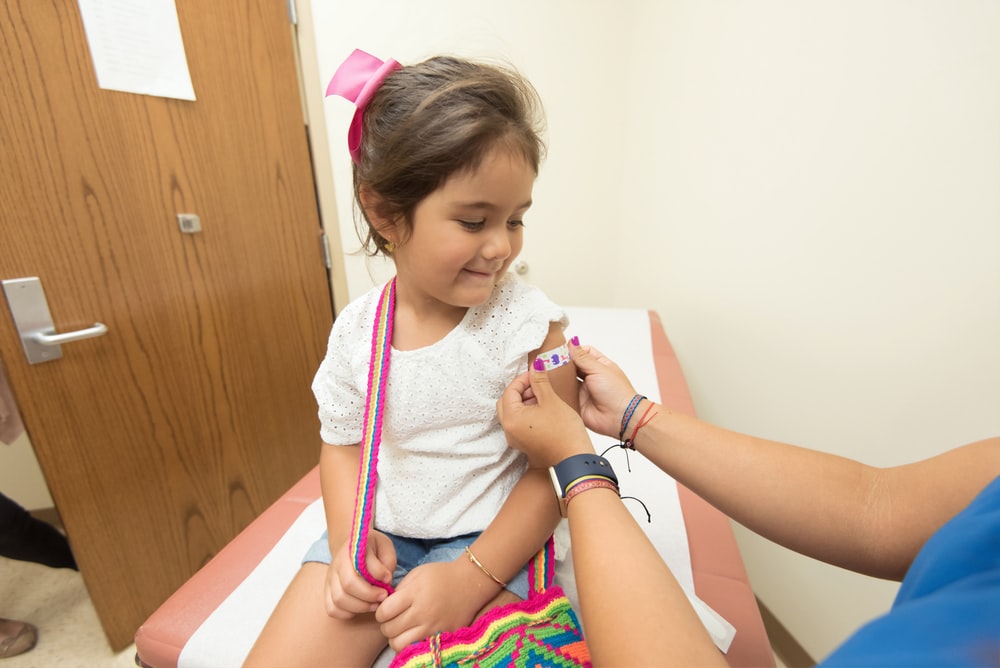WHOs Advice on the use of masks

WHOs Advice on the use of masks in the context of Covid19 pdf (Pgs. 6-8) Advice to decision makers on the use of masks for the general public
As per the WHO:
The potential harms and risks of mask and respirator use in the health facility setting include:
- Contamination of the mask due to its manipulation by contaminated hands
- Potential self-contamination that can occur if medical masks are not changed when wet, soiled or damaged; or by frequent touching/adjusting when worn for prolonged periods
- Possible development of facial skin lesions, irritant dermatitis or worsening acne, when used frequently for long hours
- Discomfort, facial temperature changes and headaches from mask wearing
- False sense of security leading potentially to reduced adherence to well recognized preventive measures such as physical distancing and hand hygiene;and risk-taking behaviours
- Difficulty wearing a mask in hot and humid environments
- Possible risk of stock depletion due to widespread use in the context of universal masking and targeted continuous mask use and consequent scarcity or unavailability for health workers caring for COVID 19 patients and during health care interactions with non-COVID-19 patients where medical masks or respirators might be required
At present there is only limited and inconsistent scientific evidence to support the effectiveness of masking of healthy people in the community to prevent infection with respiratory viruses, including SARS-CoV-2
Fabric masks are not regulated as protective masks or part of the PPE directive.
One study that evaluated the use of cloth masks in a health care facility found that health care workers using 2 ply cotton cloth masks (a type of fabric mask) were at increased risk of influenza-like illness compared with those who wore medical masks




